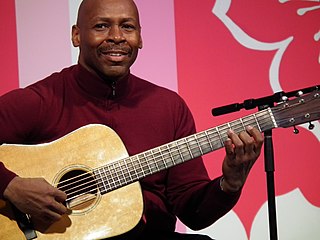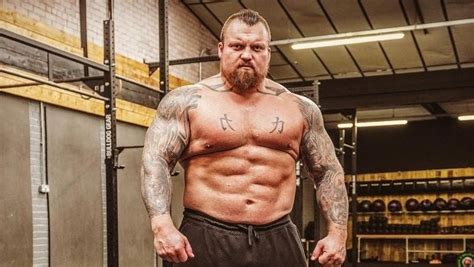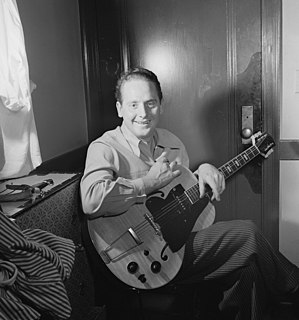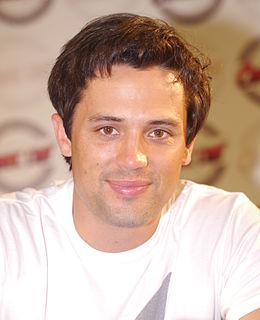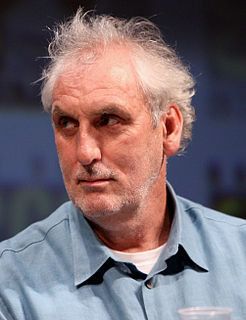A Quote by Mahershala Ali
I got into [acting] so late because of sports. And then when I was in grad school, I sort of got lulled into basically forgetting I was black, in - meaning that everyone you play at a conservatory, 95 percent of the characters are non-black.
Related Quotes
I have 90 percent or 95 percent support in the African American community and it's not sort of "Well, he's black, so it's okay. We're not going to say anything even though we're seething." And I hang out with a lot of middle-aged black women, and they're not casual in their support of me. There's a lot of love forthcoming. Partly because they understand the constraints of this society. They know that this is hard.
Black is confusing. Where does the line start and stop with what is black and what isn't black? People that are mixed-race, or, imagine being from Sri Lanka or Bangladesh, people might say you're black but your features are so non-black, like you've got straight hair, you've got like a sharper nose, or such.
The other thing that I got back then - the Parker novels have never had much of anything to do with race. There have been a few black characters here and there, but the first batch of books back then, I got a lot of letters from urban black guys in their 20s, 30s, 40s. What were they seeing that they were reacting to? And I think I finally figured it out - at that time, they were guys who felt very excluded from society, that they had been rejected by the greater American world.
Paint pictures with sound. First, find your white-the deepest, roundest sound you can play on the guitar. Then, find your black-which is the most extreme tonal difference from white you can play. Now, just pick the note where you've got white, pick it where you've got black, and then find all those colors in between. Get those colors down, and you'll be able to express almost any emotion on the guitar.?
Acting was something I did growing up. I never it took it too seriously; it was just one of those things I got into high school and was like, 'Nah, I don't want to continue acting.' Cause I got into it professionally by local theater, and from there, I just decided to do sports and be more a high school kid and have my fun.


